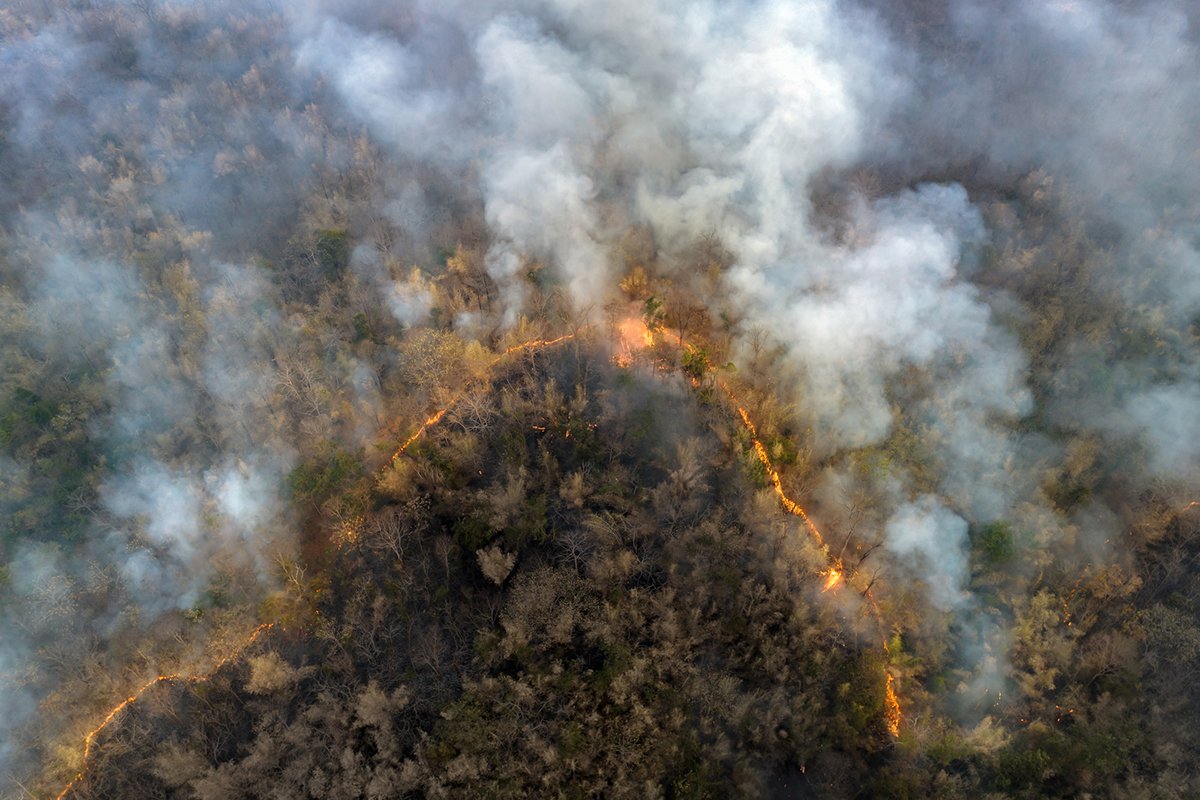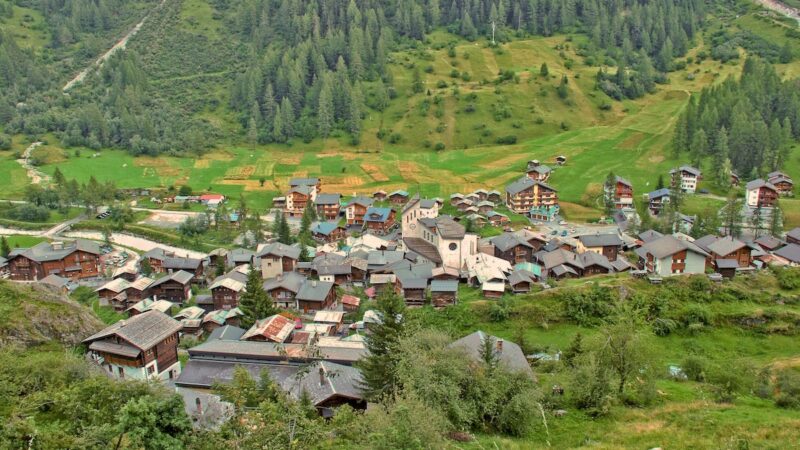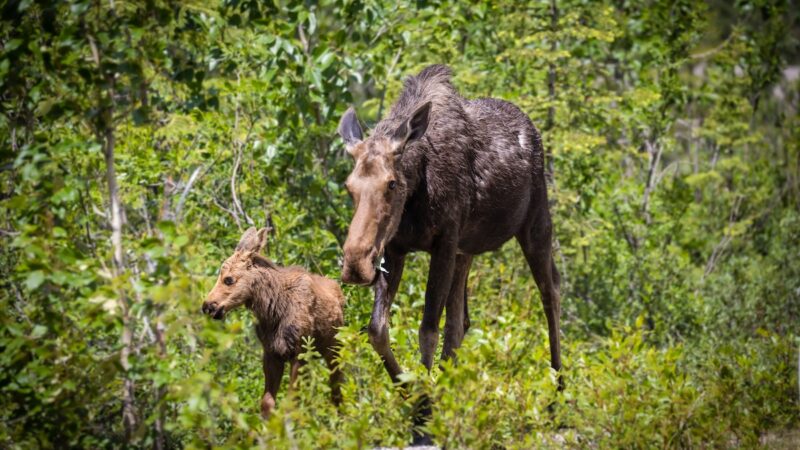Why Are Forest Fires Important for Some Ecosystems?
Every year, we see countless stories about forest fires and the destruction they cause to outdoor places we all love. Most recently, the fires in Maui have captured the world’s attention. In 2018, California’s worst wildfire season on record, 1.8 million acres burned. And this year, Canada and the northeastern United States have dealt with widespread forest fires and intense smoke that have limited outdoor activity. Climate change will continue to increase the likelihood of wildfires.
Wildfires are incredibly dangerous and cause immense damage to ecosystems. That being said, fire can also play a helpful role in ecosystems, when controlled.

According to the U.S. Forest Service, when done correctly, fire can be used as an important tool to help control “overcrowding” in forests and remove unwanted or excess vegetation, recycling nutrients back into the soil, and improving habitats for native species.
The National Park Service considers prescribed burns to be one of the most important ways that they can control the spread of wildfires in protected areas. When a fire is prescribed, it is watched carefully by scientists, fire professionals, as well as parks workers to ensure the control and safety of those in the surrounding area.
Wildfires are most often unintentional—though can be a result of acts of arson—whereas wildland fires is a term used around the world meaning the same thing as prescribed burns. These controlled fires can become dangerous, but they usually are not. They are monitored closely and have been used for thousands of years to promote the ecological health of forests.
Source: https://outdoors.com/importance-of-forest-fires-in-ecosystems/







